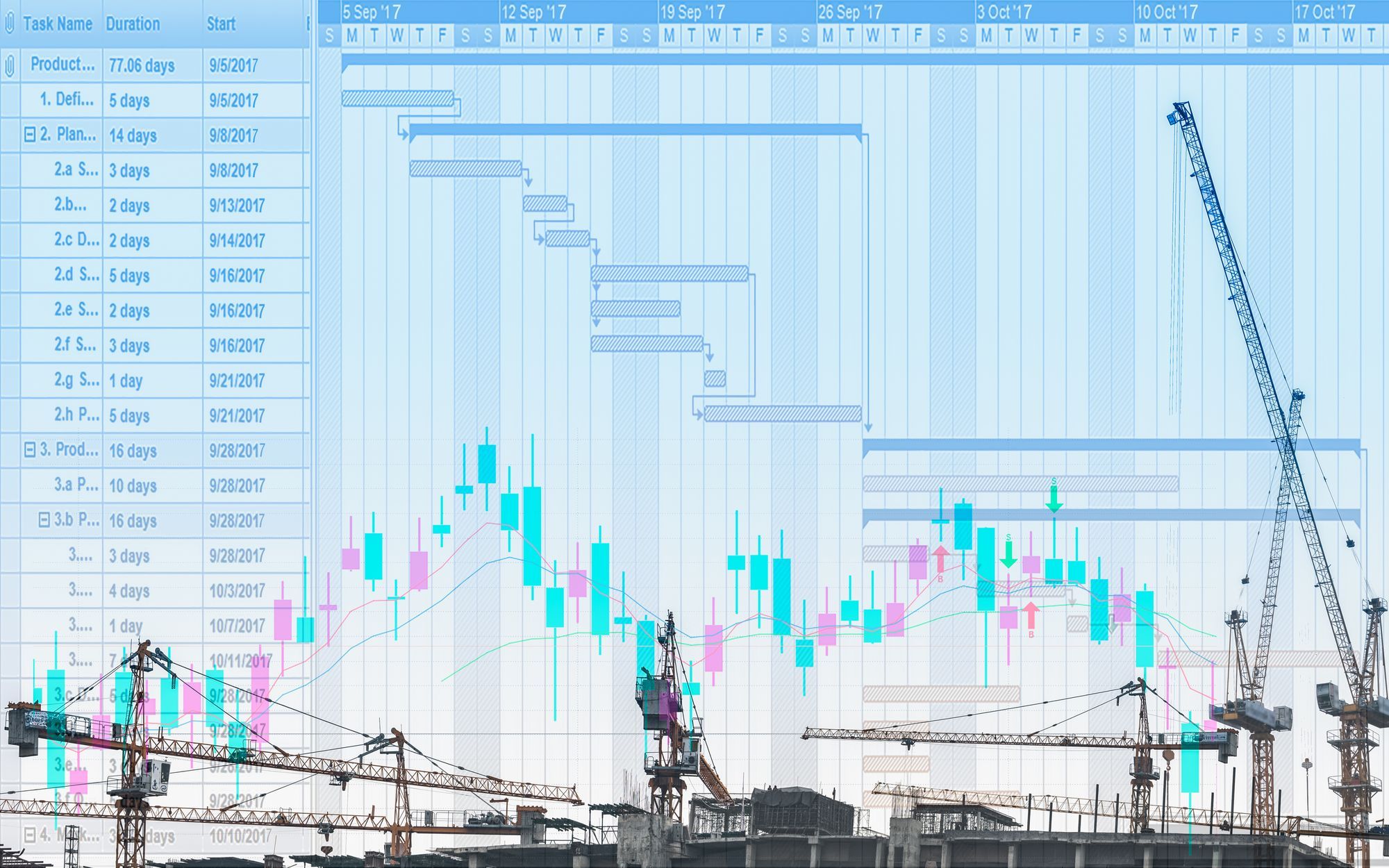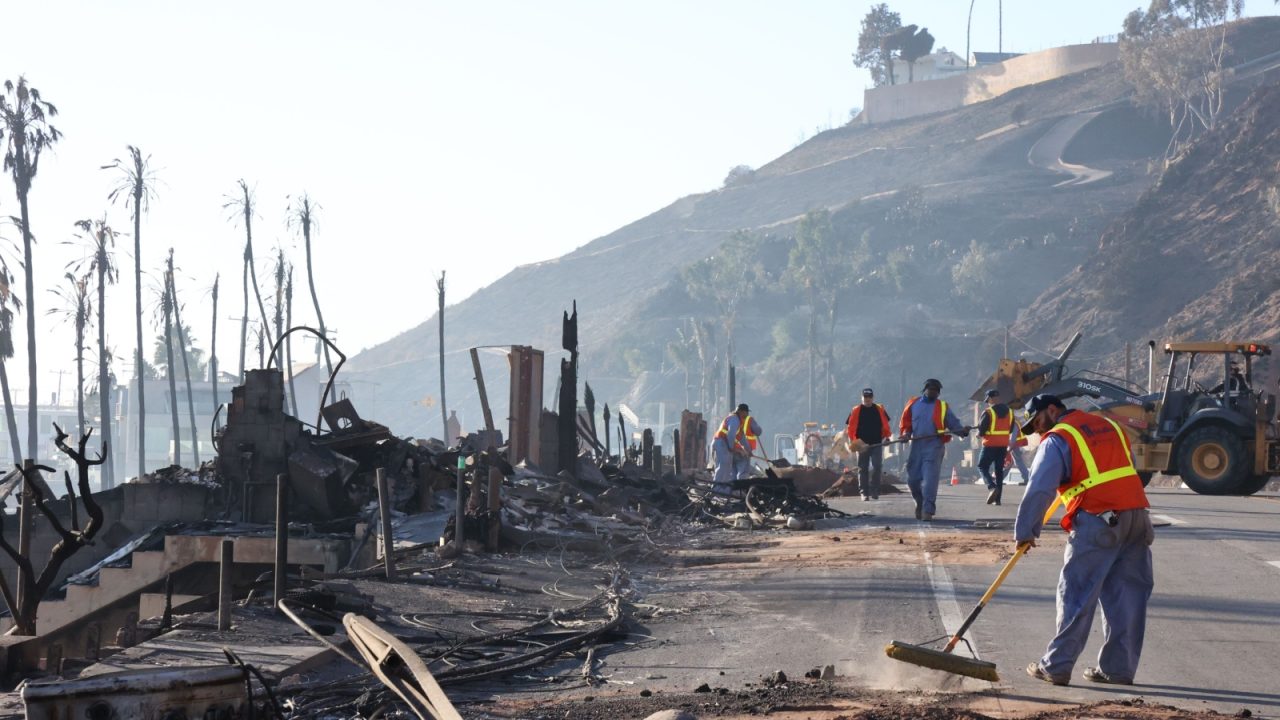The construction industry has always been at the mercy of the weather, one of the most common threats to project deadlines. Contractors face the threat of litigation or financial penalties for missing milestones because of Mother Nature. Extreme weather related to climate change threatens to make the situation even worse.
A series of nor’easters and hurricanes threatened the East Coast in 2018. The southern United States saw widespread flooding in February 2019. Just weeks later, in March, an unusually powerful “bomb cyclone” hit the Great Plains and upper Midwest, producing blizzard conditions and affecting 70 million people across the United States.
It’s estimated that weather-related delays cost the construction industry almost $4 billion in the United States annually. Extreme weather variations will continue to amplify the effects the industry is already seeing. Severe weather can cause a cascading series of delays as milestones are missed and crews are idled. In extreme cases, consecutive weather delays of 30 days or longer may result in missing the window for project completion entirely, pushing work into the following year.
Financial Effects of Climate Change
Climate change will impact the construction industry where it can least afford it — in the profit margins, which are already among the lowest when compared to other industries. A typical general contractor might be lucky to see a three to five percent profit margin on a project. Throw in enough delays because of volatile, climate-change driven weather, and the project will be driven straight into the red.
Specific examples of weather hazards:
- excessive rains flooding a jobsite or rendering it impassable;
- prolonged dry conditions that can cause delays in beginning foundation work; and
- unusually hot or cold temperatures that affect the health of employees, driving up workers’ compensation costs and hurting the ability of the contractor’s field crews.
The costs related to climate change are beginning to add up for the construction industry. Extreme weather conditions slowly but surely drive up insurance costs due to project delays and possible labor risks. Material prices rise as increasingly stronger, lighter and more durable materials are required to stand up to weather-related damage.
As prices rise, contractors will find it harder to compete as increased costs are passed on to project owners and subcontractors see their own margins dwindle. Unpredictable weather might make it unfeasible for companies to bid on multi-year projects or struggle to compile accurate RFPs and best estimates.
How Construction Technology Can Help
Construction companies cannot control the weather, but they can control their response to it. Although traditionally reluctant to adopt new technologies, contractors are responding to pressure of the weather and labor shortages by looking for technological solutions.
Technology is being used to facilitate and reinforce basic reporting and management functions. In an uncertain world, accuracy matters. Software applications are being used to:
- keep better track of time, materials and equipment;
- accurately track labor, materials and equipment profitability based on estimated vs. actual profitability; and
- conduct job safety/job hazard briefings ahead of weather events.
Weather-related technology is becoming very important for keeping construction projects on schedule and for helping protect contractors from safety- or delay-related disputes. Software can allow the capture of detailed information about current weather conditions on multiple sites, giving construction supervisors real-time data about how to best deploy crews. The documentation also gives the contractor an evidence trail to use in disputes over project delays.
Meanwhile, advancements in weather forecasting technology and methodologies mean more accurate forecasts that look further ahead. This kind of intelligence allows construction companies to proactively manage scheduling or to prepare crews for weather conditions.
The construction industry might not be able to control climate change, but technological advances are giving contractors the tools to better manage projects even in the face of extreme weather.






